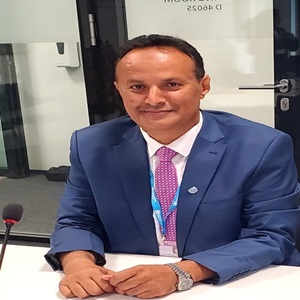Abstract Detail

Yousef Ahmed Al shaabi
Sana, a University, Yemen
Abstract
In light of the increase in natural disasters and the impact of climate change, as well as man-made disasters such as conflicts, wars, environmental destruction, and the high rate of global warming. The rate of disasters of all kinds has increased. As we note, the conflict between Russia and Ukraine, and the wars in the Middle East, Africa, and Asia. And other countries, all of this leaves the world facing many nuclear threats and natural disasters, according to the Global Disaster Observatory. There are global frightening indicators that make interest in saving people from disasters a top global priority. The health sector bears a large burden for confronting dangers and disasters, and nursing is the largest part of the health sector with all its components. Therefore, it has a large and advanced role in the care and management of disasters, and from here comes the importance of this paper, which will highlight a large and advanced role for the nursing profession in confronting disasters at all levels. Mitigation, preparedness, response, and recovery, leadership, research, and innovations. Therefore, nursing must keep pace with appropriate future progress to be able to play a real and major role in contributing to rescue during disasters at all levels. We will discuss some important policies that are not in effect in many countries and that must be implemented in the world so that nursing can play an effective role during disasters.
Biography
Doctorate in emergency and disaster management. Sanaa University. Assistant professor at the College of Nursing, Sana’a University. Coordinator of the Master’s in Emergency and Disaster Management at the Yemeni Council for Medical and Health Specializations. National expert in emergency and disaster management and hospital resilience with the World Health Organization in Yemen.
